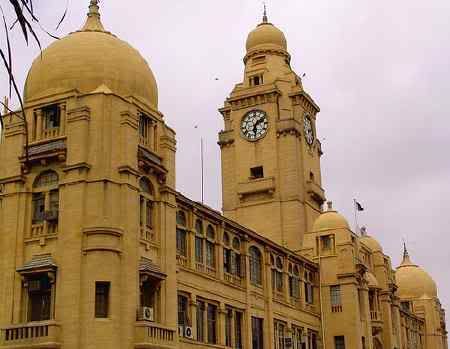ATP has been in awe of the 3-wheeler Rickshaw experience for a long time (see here, here and here). If you have been in a rickshaw, you will certainly remember them being really loud, – but that is not the only form of pollution they emit. Rickshaws are extremely polluting in the atmposphere, spewing out sooty smoke and toxic gases. Most rickshaws burn tons of oil in the combustion process, which sends not just oil and smoke into the air, but also large quantities of toxic metallic particles (ash) which come from components of lubricant oil.

Health effects of particulate pollution are well understood. Soot gets lodged deep inside the lungs, in the sensitive alveoli tissue, which leads to a buildup of scar tissue buildup and and eventual respiratory problems. Soot can lead to chronic bronchitis and asthma, and it has also been shown to act as a carrier of carcinogenic compounds, such as poly aromatic hydrocarbons into the body. All in all, particulate pollution from engines is really bad for our health and rickshaws are among the worst polluters in Pakistan.
But all that may be set to change now. Thanks to some governmet regulations and some other incentive schemes, it is expected that all gasoline powered (usually 2-stroke) rickshaws in Karachi will switch to CNG powered rickshaws. Similar changes are also happening across the border in India, especially in larger cities. One such CNG rickshaw was recently spotted in Karachi and pictures are shown here.

 In October-November 2006, more than 200 Hindu pilgrims (yatrees) came from outside of Pakistan to visit Katas Raj.
In October-November 2006, more than 200 Hindu pilgrims (yatrees) came from outside of Pakistan to visit Katas Raj.























































